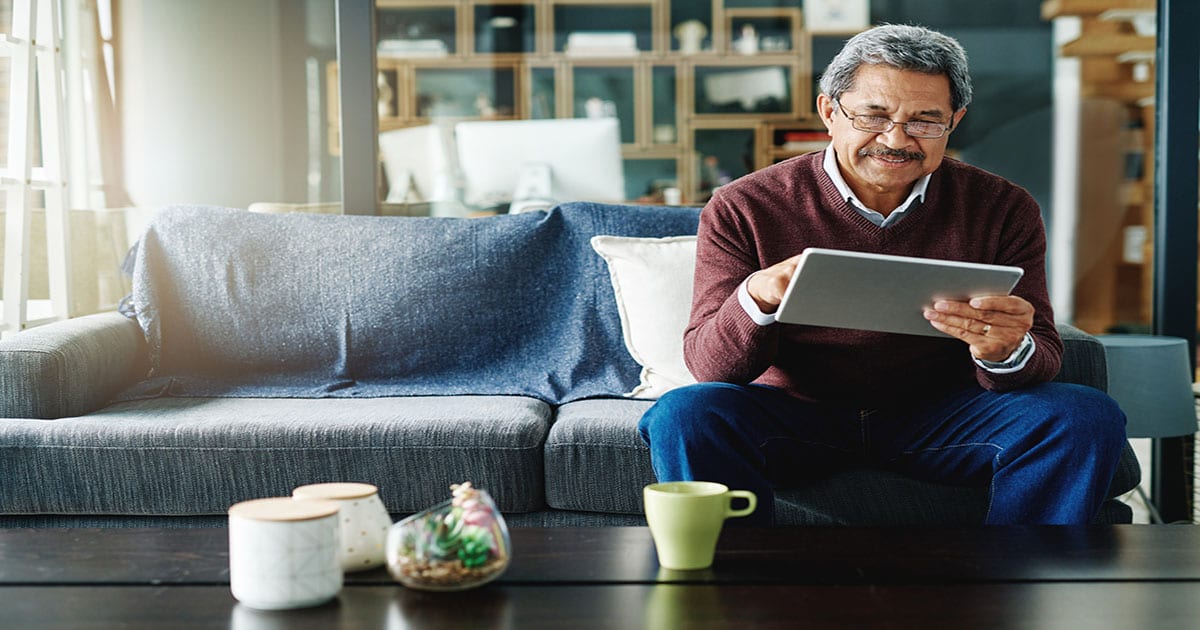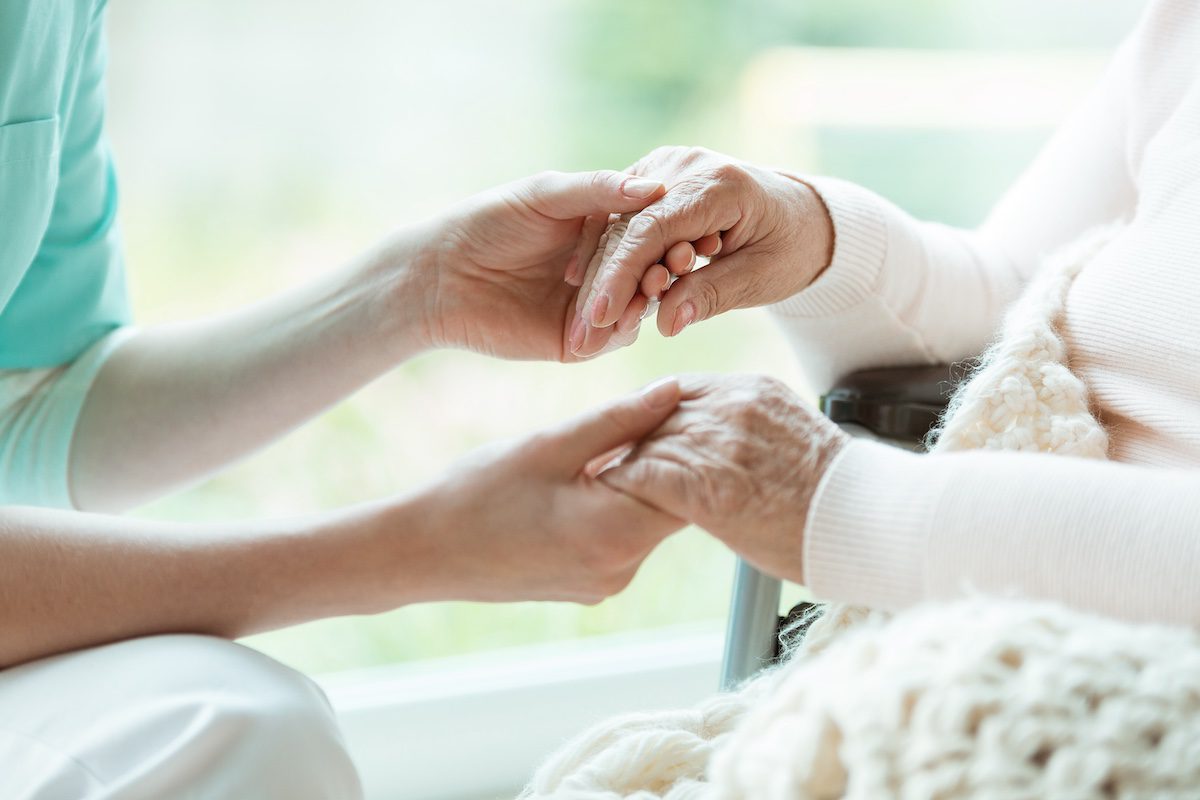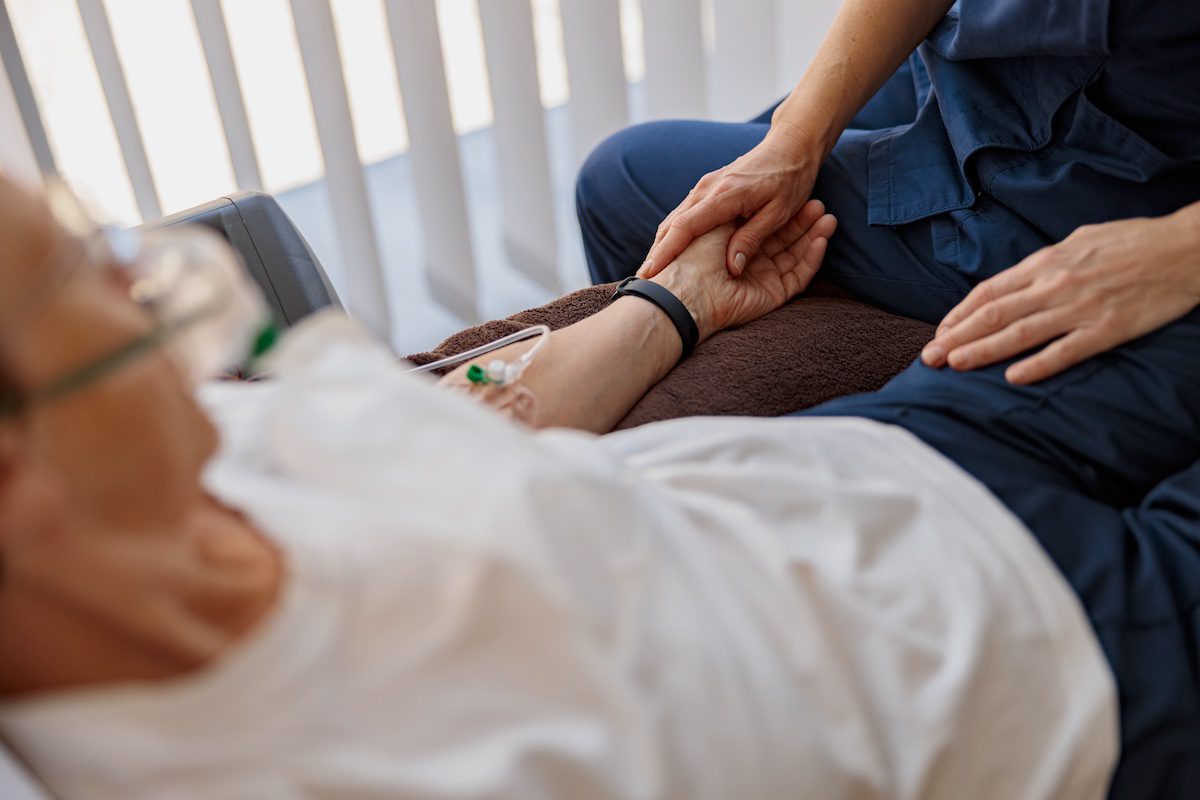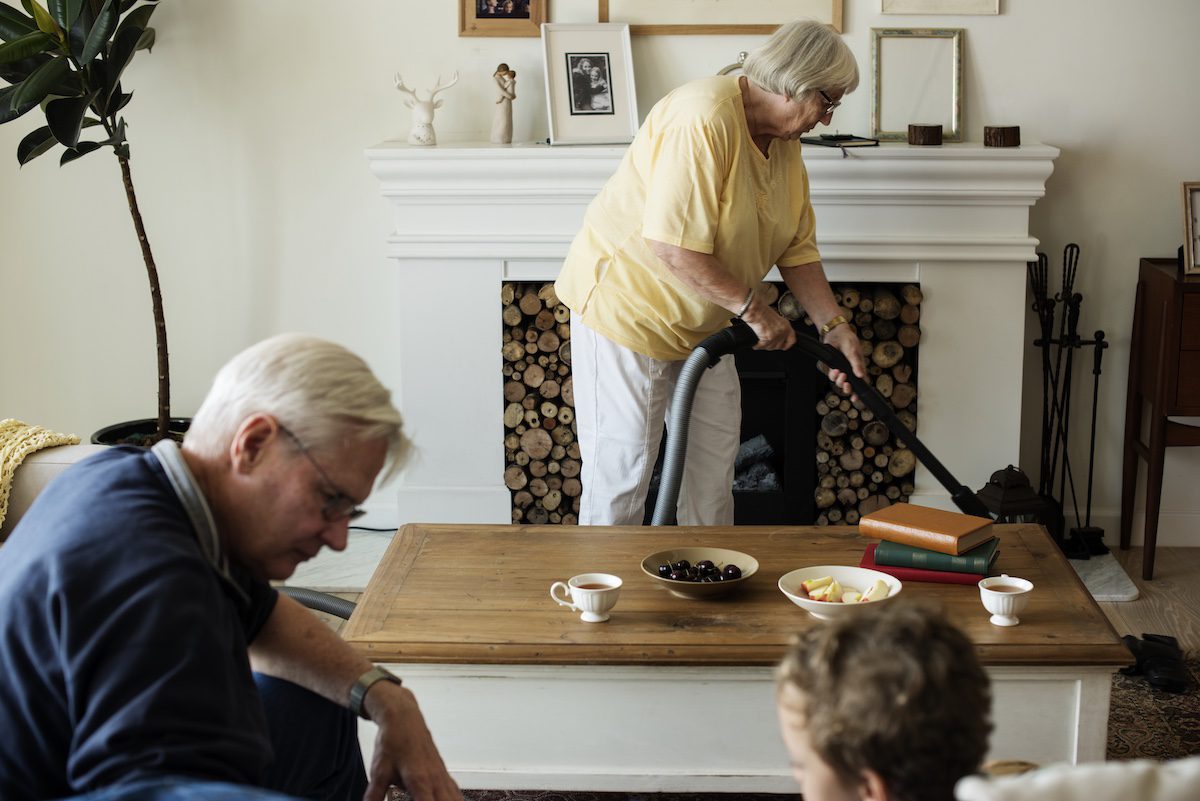A visit with your elderly loved ones, whether they are grandparents, great-aunts and uncles or just a close family friend, is something we should never take for granted. Their stories from years past, wisdom and gentle kindness are little treasures we carry with us after every conversation.
Unfortunately, we aren’t always able to talk with these special people in person for various reasons. They may be far away, making it challenging to meet with them regularly. If they have chronic health issues, they may be immunocompromised, making it difficult to get out and visit with others.
These challenges shouldn’t be a barrier to spending time with our loved ones, but rather an opportunity to meet them through a different means, video conferencing technology. Here is some advice for communicating with your elderly loved ones.
Are Older Adults Willing to Use Video Conferencing Technology?
The most significant barrier to video conferencing an elderly loved one is usually their literacy in technology. However, 73 percent of people over the age of 65 in the U.S. use the internet. Most people in this age group are willing to learn a new technology if they believe its application is useful. In a mixed-methods study with older adults, many of them said that after taking a tablet computer-focused intervention class, they would likely use one again. Keeping in touch with family and friends was the first reason why they would use this tech.
Best Setup for Video Calls
The setup for a video call depends on what tech your elderly loved one has. If they have laptops, smartphones, or tablets, they have the only hardware needed to set up a video call.
Best Device for Video Calls: The Tablet
If they don’t have one of these devices, a tablet is the best entry device for elderly Americans. Here are some of the reasons a tablet is the go-to for video calls with older friends and family:
- Larger screens make it easier for them to pick out details on a video call. They also are more comfortable to operate for people with weaker eyesight as the icons and text appear larger.
- Tablets have low starting prices. Unlike a laptop, entry-level tablets start around $50-100 in price.
- Tablet operating systems are straightforward. Tablet operating systems are easier to handle than traditional laptops, making it more accessible for people who don’t use computers or smartphones.
The Best Software for Video Calling Your Elderly Loved Ones
While there isn’t a one-size-fits-all solution for video calling your loved ones, here are a few options that are low-cost or free to use to start connecting with your loved ones digitally.
- Skype is one of the most well-known video calling software on the market. It’s available across most platforms and allows you to start calling after setting up an account.
- Zoom became popular for schools, offices and personal calls after the start of the COVID-19 pandemic. It works a lot like Skype and works for the same software. It will come down to preference.
- FaceTime is an excellent option if your family and your loved one have Apple products. With FaceTime, you don’t have to set up any accounts or download any software. You can video call anyone in your contacts list who also owns an Apple device.
- Facebook Messenger Video Calling works if you and your elderly loved one already have a Facebook account. A Pew Research Center study found that 34% of Americans age 65 and up are on a social networking site like Facebook or Twitter. If your friend or family member is on a social network, this makes it easier than ever to connect with them.
These are just a few of the video conferencing tools you can use to get in contact with your loved one. Whatever you decide to go with, make sure it is easy to set up and use.
How Can We Make the Most of Our Video Visits?
While video calls are great for making conversation and add a visual level to the visit, you don’t have to limit your time to talk. There is a variety of activities you can participate in over a video call. Here are a few ideas:
- Brew a cup of coffee or tea to share– Coffee and tea are linked to conversation and socializing with others. Drinking a warm beverage with your elderly loved one is a way you can make a video call seem more personable.
- Cook or share a meal– If you cannot join your loved one for a meal, have diner with them over the phone. It gives both sides breathing room for conversation and adds in something else to talk about with your loved one.
- Play a board game or watch a show together– If you have a favorite card or board game you play with your loved one whenever you visit, try playing it over the video call. While there will be a little extra work involved to mark your loved one’s moves, you can still share the experience. Maybe you share an interest in a sports team or tv series; watch it with your loved on call. You can converse about what happens, making your viewing more memorable than ever.
If your elderly loved one is in hospice care and cannot have in-person visits, know that a video or phone call can still make their day, if they are up for visits. If you are looking for a hospice team that will give your loved one the care they deserve, contact Seasons Hospice of Tulsa and Muskogee. We have a team that is ready to help add life to your loved one’s final days.




